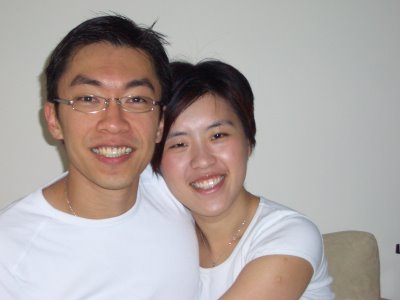Some Further Discussion on University Admission
Comments over university admissions are still coming in even though I posted the discussion (with an ensuing debate with Mr Wang) one week ago, probably due to the references from Lucky Tan's site. After the initial outburst, I think the quality of discussion has improved.
There is a thread on university education as a signalling device model (due to Spencer), and some discussion on whether polytechnics should be converted to universities (originated from Jimmy Mun). I have also provided some further explanation on the difference between vertical and horizontal differentiation in education, a la Michael Porter, borrowing from some industrial organisation concepts.
Finally, I am flagging a paper I read sometime ago "The Weakening Position of University Graduates in Singapore's Labour Market" by Stephen J Appold (you can google it). The author of the paper discusses some underlying income trends which he sees as evidence that Singapore is producing too many graduates without enough differentiation. I do not agree with some of the things he says and some of his interpretations, but there are some interesting points there.
The discussion may help you gain further insights on the pros and cons of further extending university education for Singaporeans from today's level. Even if it does not change your mind on this issue, it will most certainly help you gain a deeper understanding.
Comments over university admissions are still coming in even though I posted the discussion (with an ensuing debate with Mr Wang) one week ago, probably due to the references from Lucky Tan's site. After the initial outburst, I think the quality of discussion has improved.
There is a thread on university education as a signalling device model (due to Spencer), and some discussion on whether polytechnics should be converted to universities (originated from Jimmy Mun). I have also provided some further explanation on the difference between vertical and horizontal differentiation in education, a la Michael Porter, borrowing from some industrial organisation concepts.
Finally, I am flagging a paper I read sometime ago "The Weakening Position of University Graduates in Singapore's Labour Market" by Stephen J Appold (you can google it). The author of the paper discusses some underlying income trends which he sees as evidence that Singapore is producing too many graduates without enough differentiation. I do not agree with some of the things he says and some of his interpretations, but there are some interesting points there.
The discussion may help you gain further insights on the pros and cons of further extending university education for Singaporeans from today's level. Even if it does not change your mind on this issue, it will most certainly help you gain a deeper understanding.

